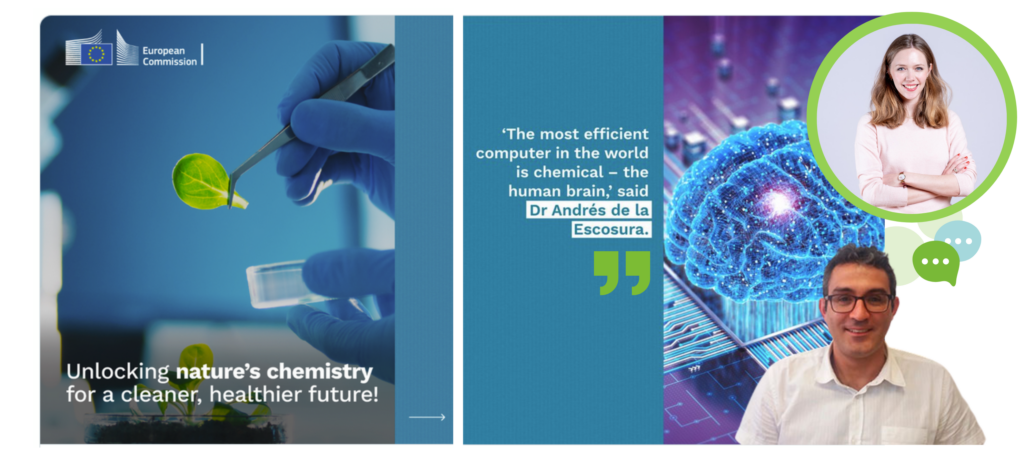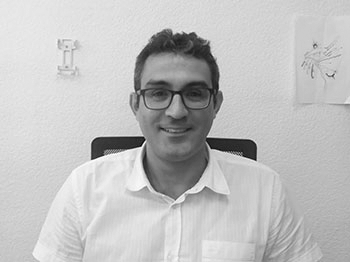CORENET featured in Horizon Magazine for the groundbreaking work in sustainable chemistry

The CORENET project was recently featured in Horizon Magazine’s article titled “Nature’s own chemistry could help reduce waste and improve health.” The piece highlights the CORENET and CLASSY project’s innovative contributions to green chemistry, focusing on the development of sustainable solutions that are aligned with circular economy principles.
As explained by the project coordinator, Dr. Andrés de la Escosura, CORENET is exploring how complex chemical reaction networks (CRNs) created using microfluidic chips could be used for energy-efficient computing. This pioneering research aims to design “chemical computers” able to process information and to solve real-world computing tasks.
This isn’t as outlandish as it might sound. ‘The most efficient computer in the world is chemical – the human brain,’ said de la Escosura. In fact, all our organs, which monitor conditions in our body and produce corresponding outputs, are information processors. One of the CORENET partners, led by Dr Wilhelm Huck, has for instance emulated such behaviour through chemical reservoir computing in a self-organizing reaction network that resembles those from the cell.
A wearable chemical computer able to measure the chemical compounds in the blood and, through a series of reactions, produce different chemicals in response would be a real game changer. ‘This type of computing with chemical systems may help us to better model the complexity that we find in biological organisms,’ said de la Escosura. Although such devices are still a long way off, CORENET researchers believe that they could one day offer personalised treatment for various conditions through the synthesis of drug molecules triggered by cues from the body. They could even be used to create advanced brain–machine interfaces – a vision that goes beyond CORENET.
According to Katja-Sophia Csizi, a postdoctoral researcher at IBM Research in Zurich, Switzerland, the work being done in CORENET is extremely innovative because it thinks of chemistry from a completely different perspective. Csizi’s work in the team focuses on how to use CRNs in chemical computing applications. ‘It is easier and far more effective to reach an ambitious goal if you approach it from different perspectives,’ she said.
The feature in Horizon Magazine highlights the importance of interdisciplinary collaboration in driving innovation in green chemistry and showcases the CORENET project’s pioneering role in designing “chemical computers” able to interact with the human body.
Read the full article: Nature’s own chemistry could help reduce waste and improve health | Research and Innovation (europa.eu)




